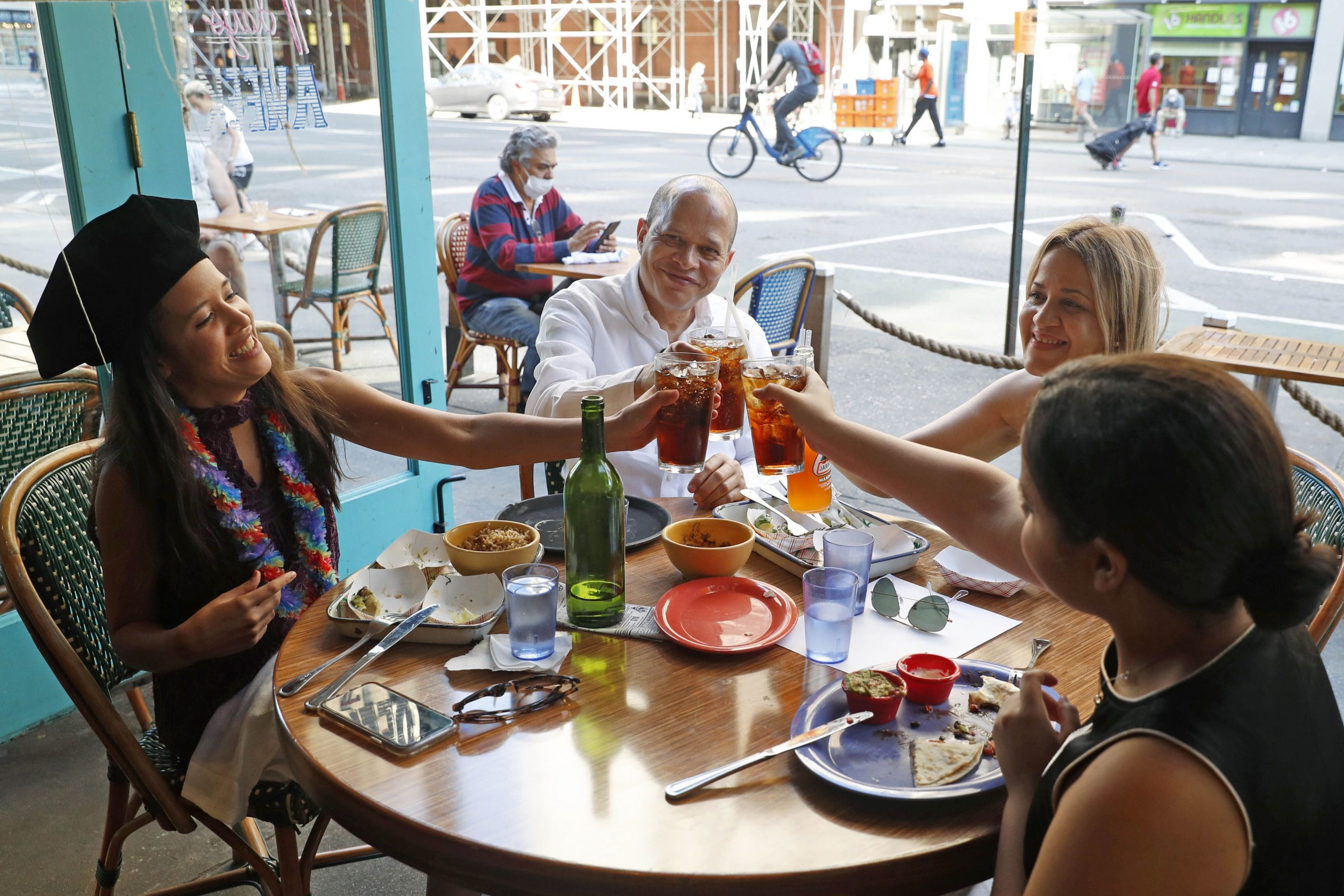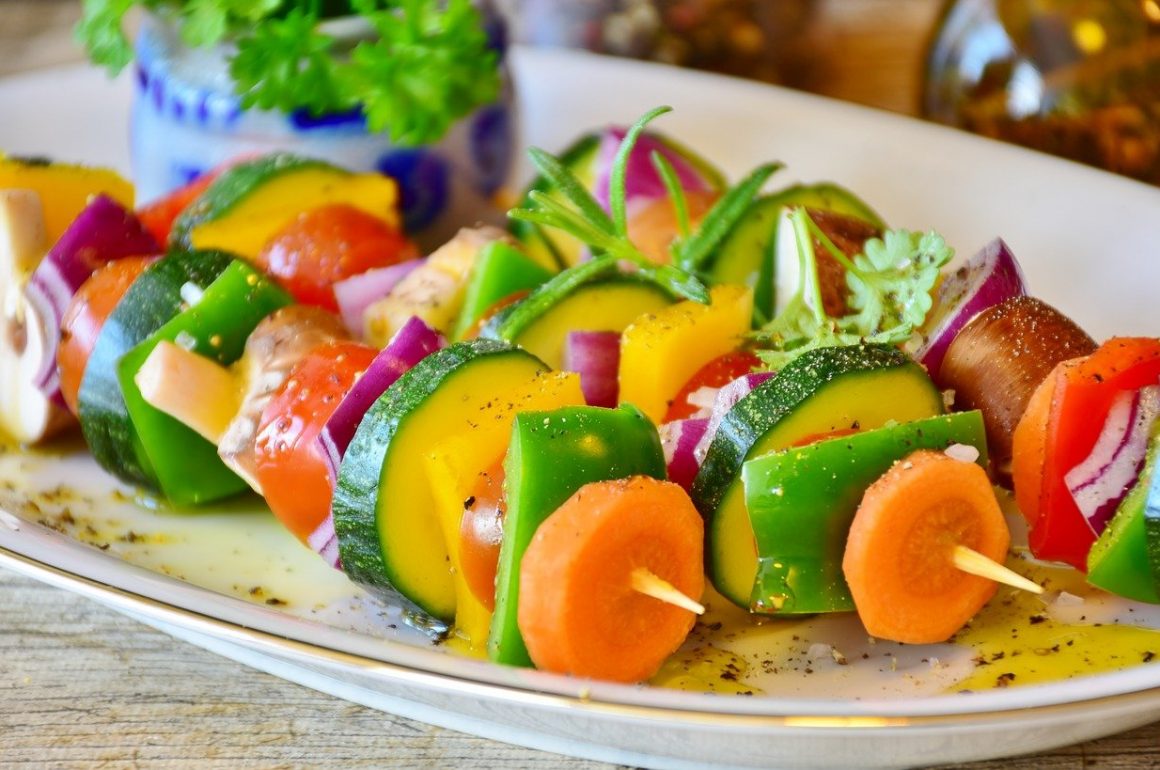In Search of Slow Food By Katie Powers

As a young girl I often contemplated the meaning of an old adage posted on the wall of our pantry: Haste Makes Waste. A cobweb-veiled woman bent above the words, scrubbing the floor. I could almost hear the impatient dismissal of hair from out of her eyes, the whoosh upward from a corner of her lower lip. About the same time I developed the entirely wasteful habit of scarfing food. I sat at a table of six, clutching my fork with a white-knuckled fist, and vacuumed food off of my plate. It was a proven fact that one of my big brothers would swipe it if I couldn’t get to it fast enough.
Fifteen years later, the truth of those words is abundantly clear. Haste has wasted our means of nourishing ourselves—it has depleted our soils, filled us up with scary chemicals that we don’t even try to pronounce, and threatened our very existence on this planet. And it seems that the answer may not be a strictly organic diet—or strictly vegetarian, or vegan, or local in the frigid North and arid Southwest. In fact, it may not strict at all, just slow. Take my habit. If I choose, now, to decelerate my consumption (there are no big brothers nearby to steal food out from under me) I will not miss out on calories. I will, however, ease the stress on my digestive tract; I won’t confuse my stomach with inadequately-masticated items, jam my upper intestine with overflow, or flood my lower intestine prematurely. I will give my body a few moments for recognition, reaction and absorption. I will give the bodies sitting at the table beside me reason to do the same. And most significantly, from an environmental perspective, I will give my mind time to consider the intricacies of the foods I am raising to my mouth.
I believe this simple act of consideration can serve as the impetus for ecological consciousness. As we re-acquaint ourselves with food, we will inevitably, eventually, better understand and take care of the land from which it comes.
Let’s imagine another scenario: You are standing inside the door of your favorite restaurant, waiting patiently. Name on the list (party of two), glass of wine in hand (on the house). It’s after nine and with a growling stomach you’ve been watching satisfied customers celebrating a 60th birthday party; they lean back, howling with laughter with open mouths full, a napkin sliding off the knee as grandchildren crawl over their feet. You swirl and sniff your Merlot. You are salivating. I’m sure many of us have been there. And we’ll do it again and again. It is your favorite restaurant, you are having an evening with your sweetheart, and it is always, invariably, worth the wait. We wait because we are in love, and because the food is irresistible.
The moral of my stories is this: if it is too fiscally burdensome, or geographically impractical, to have a textbook environmentalist diet, we can still eat responsibly. Selfish as it may seem at a glance, the first step toward eating with the future of the planet in mind may be to indulge. To take care of our bodies, our souls, and the earth, let us eat slowly.






Leave a Comment